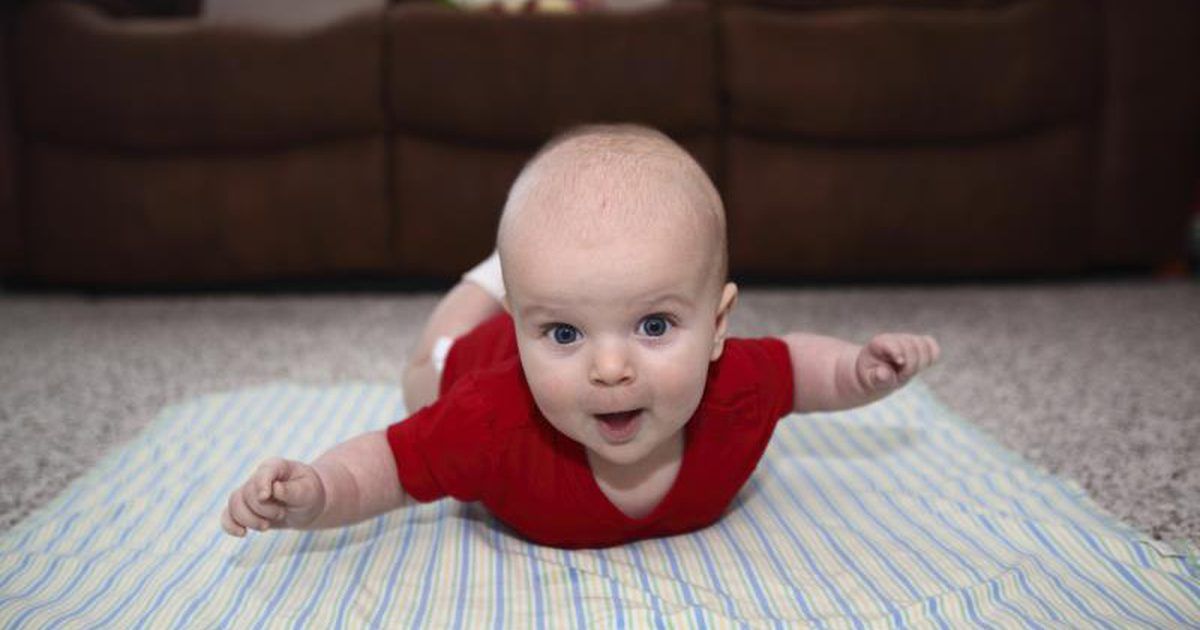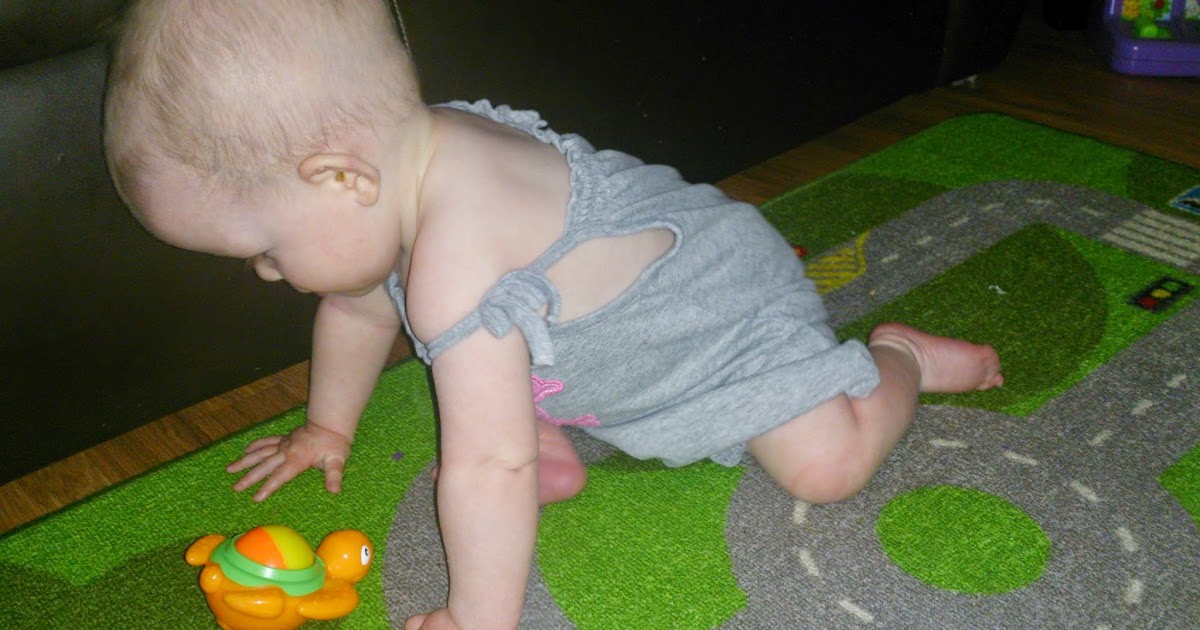10 Serious Warning Signs Of A Biotinidase Deficiency
Imagine a tiny, unseen glitch in your body's intricate machinery—a rare genetic oversight that quietly robs you of a vital nutrient: Biotin, or Vitamin H. This isn't just about brittle nails or thinning hair; Biotinidase Deficiency means your body can't properly recycle this essential vitamin, disrupting critical processes like breaking down fats, carbs, and proteins. While often diagnosed through routine newborn screenings, its insidious nature means symptoms can emerge subtly, sometimes not appearing until a child is much older. Yet, left unaddressed, the consequences can be profound. Recognizing these early indicators is crucial. This article unveils 10 serious warning signs of Biotinidase Deficiency, shedding light on a condition where timely identification can dramatically alter a life's trajectory.
1. Muscle And Limb Weakness

Newborn babies with this condition frequently exhibit muscle and limb weakness. Also known as hypotonia, this symptom is one of the earliest to appear. Pediatricians and neurologists typically perform assessments of newborns who present with muscle and limb weakness. To diagnose hypotonia, doctors start by performing a physical examination. This checks for overly flexible joints, weakness of the muscles in the torso, and tilting of the head when the child pulled into a sitting position. In addition to the exam, doctors may recommend the child get a CT scan or other imaging tests done. Nerve conduction studies, electromyography, or muscle biopsies may be needed for some patients. Physical therapy can help patients with muscle weakness to improve their muscle tone and function.
2. Ataxia

Ataxia refers to difficulties with balance and coordination, and it can manifest differently in each patient. Children who have started walking may walk with a gait that veers off to one side; the child may also walk backward, sway, or stop and start while trying to walk. This disorder can also include slurred speech, and patients may develop hand tremors. There may be abnormalities in eye movement patterns, and fine motor skills may deteriorate. Some patients may also experience heart problems. To evaluate the severity of these symptoms, doctors will check the patient's gait, and they will also test the patient's reflexes, grip strength, and range of motion. Specific tests to detect tremors will be used, and the doctor will also evaluate the patient's eye movements. These symptoms usually improve with proper treatment for biotinidase deficiency, and patients may also have speech, occupational, and physical therapy. These therapies help patients walk in a more balanced way and speak more easily. Parents of children with a biotinidase deficiency should monitor their child closely for signs of new or worsening balance, tremors, or coordination difficulties, and these should be mentioned to the child's pediatrician or neurologist as soon as possible.
